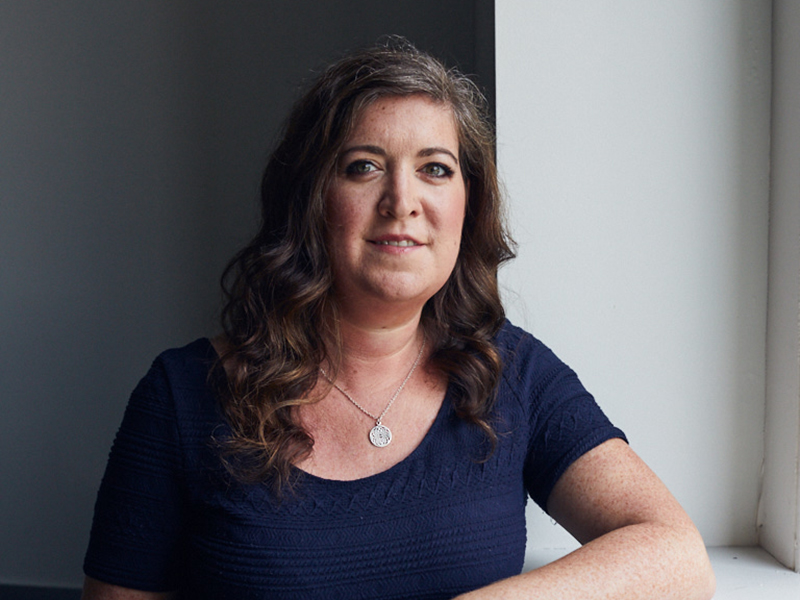
Last year, Benefits Canada hosted its 2020 CAP Member Survey webinar just a few weeks after the World Health Organization declared the global coronavirus pandemic. It was early days and, as uncertain as we all felt, I don’t think anyone expected we’d still be working from home and struggling through the crisis almost a year and a half later.
When the 2021 survey was fielded earlier this year, Canadian capital accumulation plan members were a year into the uncertainty and responses took that into account, as you’ll read in the article, which summarizes an informative discussion about the survey findings featured during Benefits Canada’s virtual 2021 Benefits & Pension Summit in May.
Read: 2021 CAP Member Survey: How are CAP members faring during coronavirus?
As usual, the survey demonstrated a mixture of good and bad news. While the majority (59 per cent) of respondents said they don’t expect the pandemic to impact their retirement age, 17 per cent said they expect to work longer than anticipated as a result. As well, half said their retirement savings plans have had to take a backseat during the pandemic as they focus on other financial priorities.
This is an understandable result. For those lucky enough to benefit from an employer-sponsored pension or other retirement savings plan, most seem to have stuck with the status quo — leaving their investment lineup and contribution levels intact. But for those who proactively engage with their plan and make changes each year — or more — to reflect evolving investment environments or pay rises, any pause in action is likely correlated to the many question marks sparked by the pandemic.
The financial uncertainty pervading the past several months was just one reason my group registered retirement savings plan took a recent break. While I’d typically review my investments and increase my contributions at least once a year, the pandemic acted as a bit of a caution sign. In addition, I spent five months on maternity leave, during which time I received no pay or employment insurance top-up from my employer, so my pension contributions and my employer’s match in a deferred profit-sharing plan took an unfortunate hiatus.
Read: 2019 CAP Suppliers Report: A look at the RRSP-DPSP combination
Do I feel less ready for retirement? It’s difficult to say whether one year of focusing on other financial priorities will have a significant impact in the long term. But I do write and read about pensions every day, so I know it’s important to be consistent. Even at my age — 40 this year — and with my mortgage, bills and the never-ending costs of raising a child, I know I need to continue focusing on building up that retirement account.
Another interesting — and connected — set of findings from this year’s survey is related to financial well-being and how it ties into physical and mental-health issues. Among the 24 per cent of respondents who said their personal financial situation has worsened since 2019, the majority were more likely to report increased physical health issues (74 per cent) and increased mental-health issues (75 per cent), while 28 per cent reported increased alcohol and recreational drug use.
Since I’ve been either pregnant or breastfeeding since the onset of the pandemic in March 2020, the latter isn’t applicable to me. And of course, as I wrote in last month’s editorial, there’s a lot to juggle as a new mother. But I can certainly relate to feeling the physical and mental impact of trying to keep up with financial priorities as well.
Read: Editorial: The fourth trimester and the benefits plan
In the 15 years we’ve been fielding the CAP Member Survey, there’s been a clear relationship between the economic environment of the day and the feedback from respondents — and this year is no exception. From the 2008/09 financial crisis, its subsequent recession and recovery and now the coronavirus pandemic, the survey is a timely sounding board reflecting the various challenges facing CAP members as they focus on the future and their eventual retirement. I look forward to next year’s results when we’ll (hopefully) be on the other side of this public health crisis.
Jennifer Paterson is the editor of Benefits Canada.
